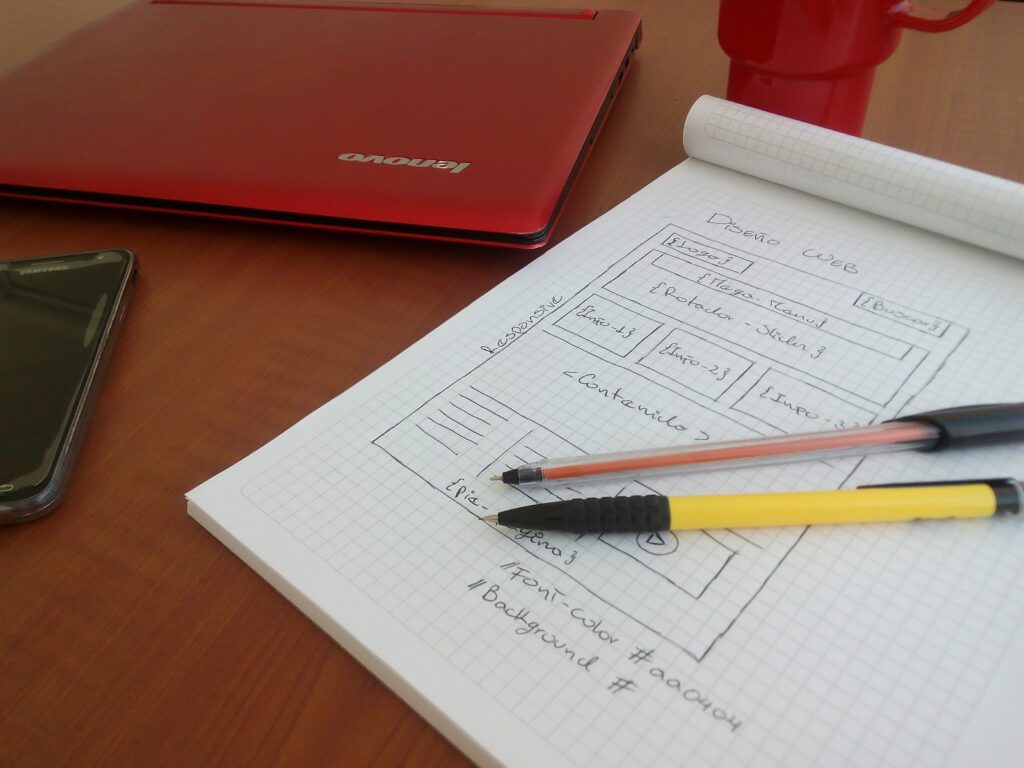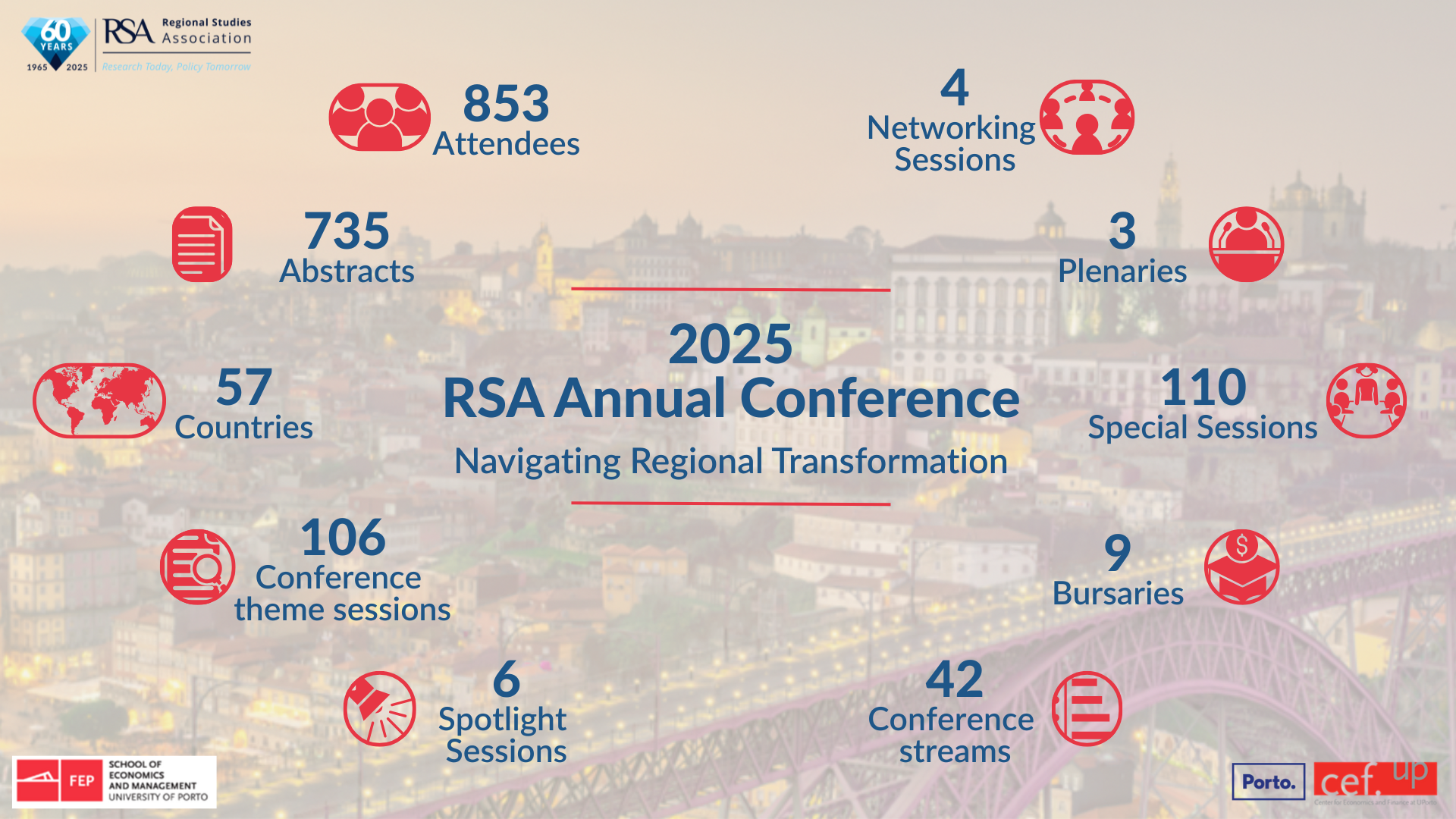RSA Events – Event Report – RSA Annual Conference, Entrepreneurship and Entrepreneurial Ecosystems

RSA Events – Event Report – RSA Annual Conference, Entrepreneurship and Entrepreneurial Ecosystems
2025 RSA Annual Conference
Navigating Regional Transformation
University of Porto, Portugal
6 May 2025 – 9 May 2025

Report on Entrepreneurship and Entrepreneurial Ecosystems
By Melek Karahasan (email), PhD Student, Istanbul Technical University, Urban and Regional Planning Department, Turkey
Attending the RSA Annual Conference 2025 as one of the bursary winners was an unforgettable and valuable experience in my academic career. Considering my research interests, I attended several sessions on Entrepreneurship and Entrepreneurial Ecosystems, which were well reflected during the conference, providing a range of sessions that illustrated existing debates, theoretical developments, and empirical studies from around the world.
One of the most striking studies was by Ralph Richter, research assistant at Leibniz Institute for Spatial Social Research in Germany, who presented “Rural Regions Rural Regions as Niche Environments for Innovative Solutions? Insights from an Innovation Biography Perspective”, noting rural areas can nurture innovation in the early stage by providing traditional knowledge, media visibility, but constrained at market extension and scaling up stages. Milene Tessarin, from the University of São Paulo in Brazil, emphasised that women working in the creative economy play a crucial role in driving rural innovation. Moreover, Benedetta Montanaro, an assistant professor at Politecnico di Milano, explained the empirical analysis of the geography of venture capital investments in European rural areas, noting that venture capital can foster rural entrepreneurship and regional development. Research by Stefan Kwant at the Utrecht University highlighted that entrepreneurial ecosystems are an intricate system that can either enable or hinder the transition toward sustainability, particularly in the regional energy field, underlining the need for a deeper understanding of these ecosystems. Silvia Rita Sedita mentioned how key elements of the entrepreneurial ecosystem, including human capital, infrastructure, finance, culture, and market, contribute to entrepreneurship in Africa, emphasising that these elements interact with one another to shape the ecosystem’s future. The presentation, by Michelle Marshalian from OECD France and Simone Sasso from JRC in Spain, titled “Entrepreneurial Profiles, Innovation and Socio-economic Outcomes in Portuguese Rural Areas”, emphasises that local conditions, available resources, and entrepreneurs’ traits shape entrepreneurial achievement.
In conclusion, I am grateful to the RSA team for this opportunity and their support for early-career researchers. Thanks to this conference, I acquired valuable insights into entrepreneurship and innovation in rural areas. Therefore, I look forward to next year’s conference, keen to design new research and participate in fruitful discussions with other academics.
Author
Melek Karahasan is a PhD student in Urban and Regional Planning Department at Istanbul Technical University. Melek’s research focuses on social innovation in rural development and agricultural innovation.
Complementary reading
RSA Events – Event Report – RSA Annual Conference, Inclusive Growth, Housing, and Well-Being
Conference Statistics

The Regional Studies Association’s Annual Conference 2025 #RSA25 was held in partnership with the School of Economics and Management at the University of Porto, Portugal. This four-day conference brought together academics and policymakers to exchange news, views and research findings from regional studies and science, regional and economic development, policy and planning. There was representation from 57 different global territories as we gathered established experts and early career researchers in the beautiful city of Porto.
The conference featured 750+ presentations, high-profile plenary speakers, several specially convened sessions, workshops, professional development and networking sessions, walking tours and field trips. The social programme included the conference dinner and a reception, side events, exhibitor stalls and post-conference tours to explore Porto.